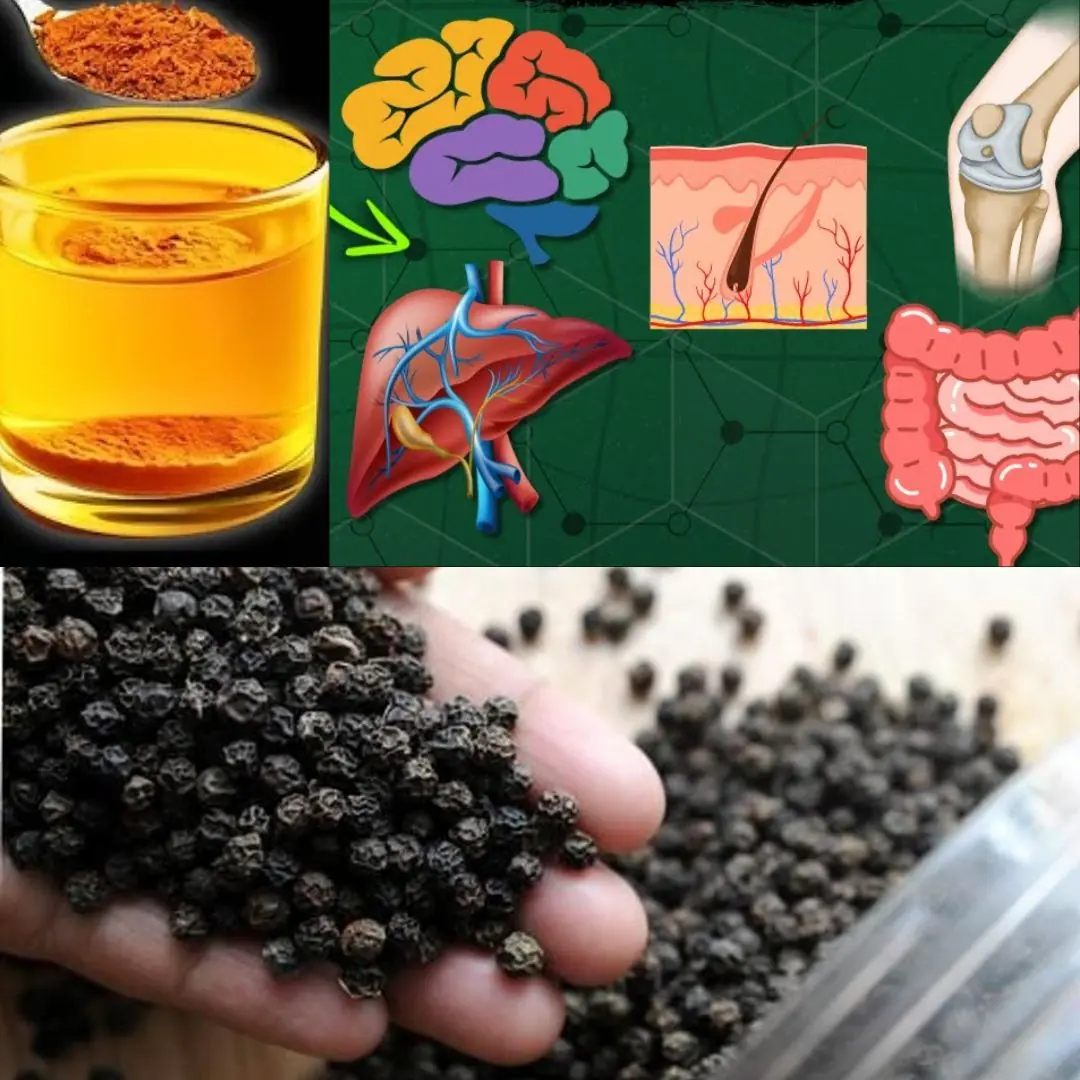
Most Doctors Won’t Tell You, But This Can Cut Heart Attack & Stroke Risk By 80%
How Blood Donation Benefits Your Overall Health Beyond Heart Health
While reducing the risk of heart attack and stroke is a significant benefit of blood donation, the advantages extend far beyond cardiovascular health. Regular blood donation has been linked to improved liver health, reduced risk of certain cancers, and even enhanced psychological well-being.
Detoxifying the Body and Improving Liver Health
The liver plays a crucial role in processing and regulating iron levels in the body. Excessive iron can be harmful, leading to oxidative stress and contributing to liver damage, including conditions like cirrhosis and non-alcoholic fatty liver disease (NAFLD).
Studies have shown that blood donation helps maintain optimal iron levels, thereby reducing the strain on the liver. By preventing iron overload, donors lower their risk of liver-related complications and improve their overall metabolic health.
Lowering Cancer Risk Through Blood Donation
Oxidative stress caused by excessive iron accumulation has been linked to an increased risk of several types of cancer, including liver, lung, and colon cancer. Iron-related oxidative stress can damage DNA and create an environment conducive to cancer cell growth.
A study published in the Journal of the National Cancer Institute found that reducing iron stores through blood donation lowered cancer risk in men. This reinforces the idea that blood donation isn't just about helping others—it may also help prevent life-threatening diseases.
Boosting Mental and Emotional Well-Being
Beyond physical health, blood donation provides psychological benefits. Many donors report feeling a sense of satisfaction and purpose after donating blood, knowing they have potentially saved lives.
A study in the Transfusion and Apheresis Science journal found that people who donate blood regularly experience lower levels of stress and anxiety. This may be due to the release of endorphins, often called “feel-good” hormones, which contribute to an improved mood and overall mental well-being.
Additionally, some experts suggest that engaging in altruistic activities, such as donating blood, can help combat feelings of loneliness and depression by fostering a stronger sense of community and social connection.
Strengthening the Immune System
Some researchers believe that blood donation may help "train" the immune system. By encouraging the body to replace old blood cells with fresh ones, donation might support a more active and responsive immune system. While research on this specific benefit is still ongoing, there is evidence that controlled blood loss can stimulate the production of new, healthy blood cells, keeping the immune system in balance.
Conclusion: Blood Donation as a Simple Yet Powerful Health Habit
While most people think of blood donation as a purely selfless act, science suggests that donors themselves can reap substantial health benefits. From reducing the risk of cardiovascular diseases and cancer to improving liver health and enhancing mental well-being, donating blood is a simple yet powerful habit that promotes longevity and vitality.
So, if you’ve been on the fence about donating, consider this: not only could you save someone else’s life, but you could also be safeguarding your own health in the process.
News in the same category


The #1 Most Powerful Remedy in the World

Watermelon Seed Tea: A Natural Remedy for Health & Wellness

12 Amazing Health Benefits of the Stonebreaker Plant You Shouldn’t Miss

The Top 10 Causes of Premature Aging of Your Face and Skin

Just one hour of doomscrolling in bed can have devastating consequences on your health

Doctor Warns Against This One Thing If You Wake Up at Night

Many Confuse This Plant with a Weed, But It’s Actually Full of Surprising Health Benefits

Doctors warn about permanent damage caused by new beauty trend causing people to resemble reptiles

Styes on the eye: Discover natural remedies to relieve discomfort and speed healing.

ECgMLP: A novel gated MLP model for enhanced endometrial cancer diagnosis

Why Uncertainty Makes Us So Anxious, and How to Deal With It

Top Signs Your Body is Toxic and What to Do About It

New technology converts cancer cells into normal cells

Cloves mix Garlic, Honey and you will thank me

Boost Your Energy and Stamina Naturally with This Powerful Blend!

Powerful Home Remedy by Dr. Frank Suárez: A Natural Solution for Cancer, Diabetes, High Blood Pressure, and Poor Circulation

If You’re Still Smoking Weed at 30, Scientists Have Bad News

Little Winry was Born With a Rare Birthmark, and Her Mom Shows How Beautiful Her Daughter is

HE SAID HE WAS JUST “KEEPING HER WARM”—BUT IT WAS WAY MORE THAN THAT
News Post

8 Fruits That Can Harm People with Kidney Disease

The #1 Most Powerful Remedy in the World

Watermelon Seed Tea: A Natural Remedy for Health & Wellness

78-Year-Old Woman Returns from Nursing Home to Her House – Only to Find a Mansion with Changed Locks in Its Place
Margaret left her home behind years ago, believing it would always be there waiting for her. But when the 78-year-old finally returned, her small house had vanished, replaced by a grand mansion with locked doors and a shocking secret inside.

I Paid for My Husband's Medical Studies—but After Graduation He Told Me I Wasn't 'Good Enough' for Him Anymore
I worked double shifts, skipped vacations, and drained my savings so my husband could chase his dream of becoming a doctor. The day he graduated, I stood there, proud. But before I could celebrate, he turned to me and said six words that shattered everyth

12 Amazing Health Benefits of the Stonebreaker Plant You Shouldn’t Miss

"Cassini’s Final Dive: The Most Breathtaking Close-Ups of Saturn Ever Captured!"

HE WOULDN’T LET GO OF THE CHICKEN—AND I DIDN’T HAVE THE HEART TO TELL HIM WHY SHE WAS MISSING YESTERDAY

A few days before graduation, I lost my parents. Then a stranger walked in.

The Top 10 Causes of Premature Aging of Your Face and Skin

Just one hour of doomscrolling in bed can have devastating consequences on your health

Doctor Warns Against This One Thing If You Wake Up at Night

Many Confuse This Plant with a Weed, But It’s Actually Full of Surprising Health Benefits

Doctors warn about permanent damage caused by new beauty trend causing people to resemble reptiles

Styes on the eye: Discover natural remedies to relieve discomfort and speed healing.

Father and Son Build 50,000 New Beehive Colonies Around the World

Scientists Have Developed An Oxygen Particle That, When Injected, Enables Temporary Survival Without Breathing.

ECgMLP: A novel gated MLP model for enhanced endometrial cancer diagnosis

The sea is turning red! Researchers make breakthrough discovery that could help forecast dangerous algae blooms
